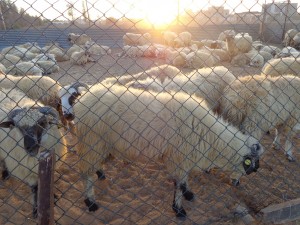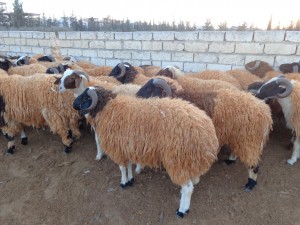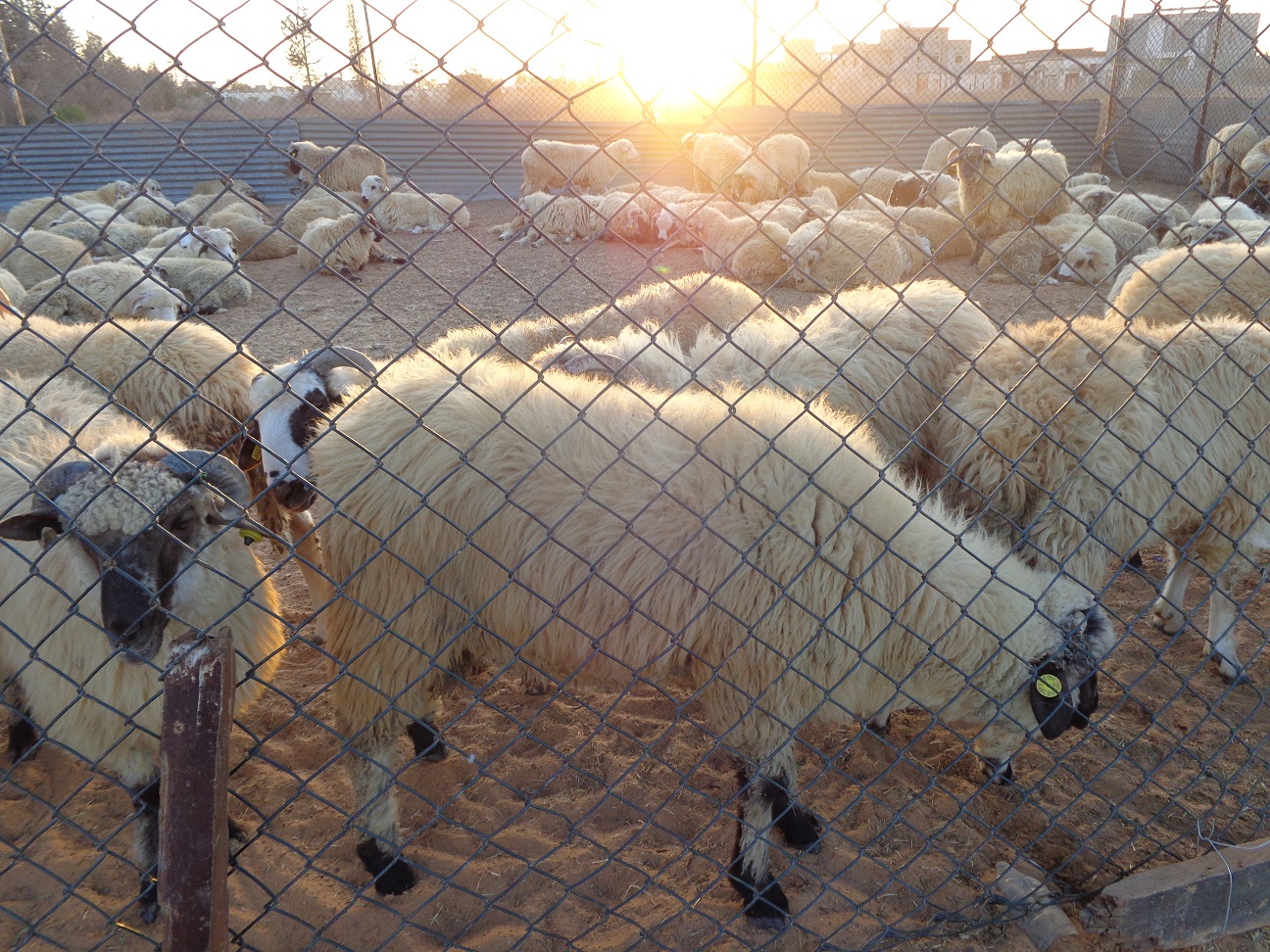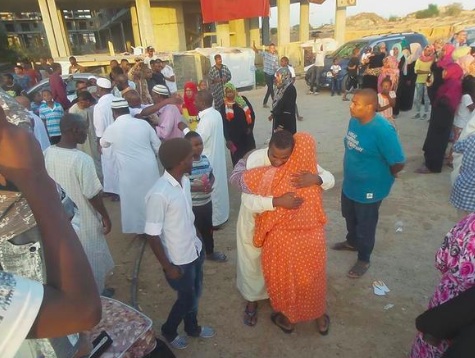By Sami Zaptia.

Tripoli, 2 October 2014:
Libya and specifically its capital Tripoli have finally geared up for the Eid Al-Adha (feast of . . .[restrict]sacrifice) holidays starting Friday 3 to 6 October.
The date has not worked out in many people’s favour as the feast falls on a Saturday which is normally a day off. And since the day preceding the day of sacrifice is also usually given as a holiday in order that people can buy their ram, this year that falls on a Friday. This means that in theory people are supposed to be back at work on Tuesday 7 October, but I suspect that many will skive off work as usual, especially those who are traveling to relatives in their tribal lands and cities.
The build up to this year’s feast has been very slow, marked with hesitation, coming in the shadow of the militia wars over Tripoli during July-August as well as on-off fighting in the Wershafana area and in Sebha. The previous religious feast marking the end of the fasting month of Ramadan in July was right in the middle of the Tripoli fighting and was a very unhappy event for many caught up in the fighting zones and those displaced from their homes.
The hesitation of many to get fully into the mood of Eid Al-Adha this year has been tempered by the possibility and threat that fighting might breakout in Tripoli again at any moment. The inconclusive reconciliation talks in Ghat have not made things better.
However, the sudden and fast appearance of rams being offered for sale on the roadsides across the country has jolted the public into a belated Eid mode. The usual paraphernalia for Eid Al-Adha such as knives, ropes, BBQ sets, charcoal, knife grinders etc have also sprung up on roadsides almost overnight.
Surprisingly, there seem to be lots of rams on offer for sale, local and imports mainly from Spain and Romania . The oversupply maybe because many Tripolitanians have vacated Tripoli for their tribal lands or stayed abroad because of the summer fighting. However, the perceived oversupply may be just a perception as prices are not cheap. Prices vary according to size and quality.

A spot check on prices by Libya Herald in a couple of locations a few days ago indicated that prices are slightly up on 2013. Last year a locally bred ram suitable for sacrifice that cost LD 500 was quoted at about 750 this year. An imported ram last year that cost LD 250 was quoted at LD 325 this year. A pack of mixed fizzy drink, for example, was LD 11 last year as opposed to LD 17 this year and parsley, a staple diet for Libyan osban (sausages) was LD 0.50 / bunch last year as opposed to LD 1/bunch this year.
Judging when exactly to buy a ram is an unscientific art. Buy too early and you could regret it when prices fall, and hold off too late and over demand or a lack of supply could send prices sky-high on the eve of Eid. The vibe in Tripoli this year is that the price of rams will fall late on Thursday or on Friday as many Tripolitanians are out of the city this year. But only the brave would play the market when not buying a ram at all if prices are too high – is not considered an option.
Buying a ram is no easy task either. It is also not the favourite activity for most metropolitan residents. The market place is bustling, busy, smelly and you are very likely to tread on something you would rather you had not. Only those with experience can tell the age of a ram by looking at its teeth and its weight by feeling it and lifting it. By approximating its weight you can work out if its price is good. A ram has to be of a certain age to qualify as a sacrifice and it must not be injured.
Eid Al-Adha is to commemorate the sacrifice by the Prophet Ibrahim (Abraham in the Old Testament) of a ram instead of his son Ishmael. It was a test of faith set by God for the Prophet Ibrahim. All Moslems who can afford it will be sacrificing a ram (or any other animal) on the first day of Eid, including the millions visiting Mecca for the annual greater pilgrim, or Hajj. A portion of the sacrificed ram must be given away to charity in order to remember those less fortunate who cannot afford to buy a whole ram or do not eat meat regularly.
This year following the fighting and killing, Libya needs much charity, heeling, introspection and test of patience – the test of patience that God asked of the Prophet Ibrahim. Let us hope that this Eid period of reflection reminds Libyans of the basic principles of Islam. [/restrict]








